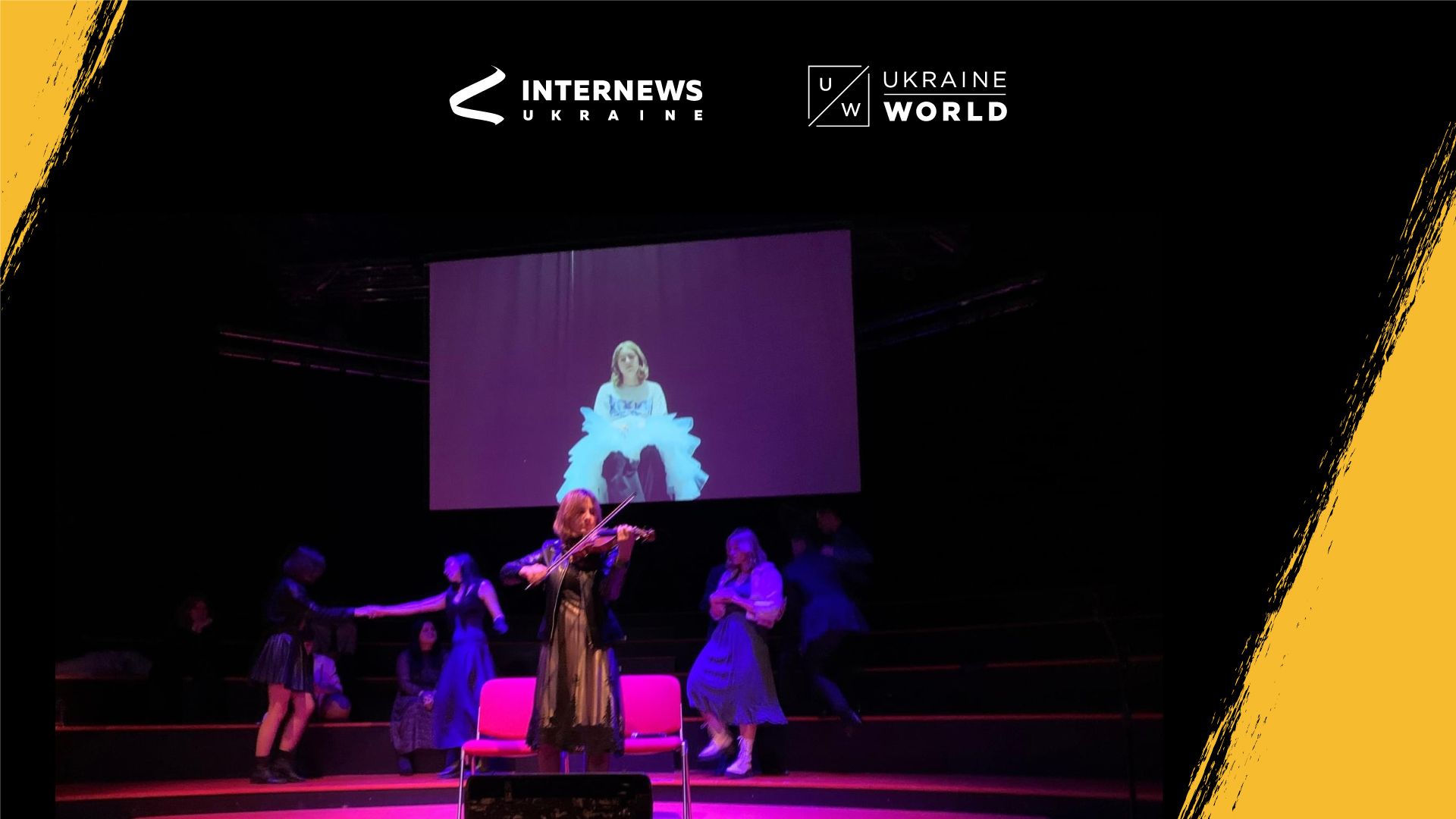UkraineWorld spoke to Andriy May, Ukrainian director, screenwriter.
Key points — in our brief, #UkraineWorldAnalysis:
1. On Ukraine's political theatre
- Ukrainian theatre is now more concerned with beauty, while it should, however, be more politically engaged. The Greek amphitheatre was built as a place of interaction, reflecting the entire city. Theatre should be in and about the present, and like any other cultural centre, shouldn’t exist outside its context.
- The theatre is not a place where performances are presented, but is a public space for dialogue with the audience. When it comes to state theatres, citizens should be able to enjoy both entertainment and reflection from every performance.
Everyone, particularly in times of war, is in need of a kind of compressed reflection and presence, which can be obtained by working with testimonies.
2. On the demand for testimony
- My very first experience with political theatre was on the Maidan. Prior to the events of 2014, I had been working with documentary theatre to explore identity or to create a dialogue between generations. At the time, Natalia Vorozhbyt and I were working on the Franko National Theatre's chamber stage on the first major political project dedicated to the Revolution of Dignity. There were some who thought it was too soon to stage a theatre performance, that at least 5 years should pass before these events became history.
- In my opinion, now is the time to bring forward eye-witness accounts. The theatre is obliged to show what happened in Kherson during the Russian occupation and present it to the West, where there is a great demand for these kind of testimonies. Stage-orientation should go hand in hand with stage-responsibility, that is, by a vision of social activity and presence. The documentary drama Maidan tells the stories of ordinary people who are going through a complex transformation. Documentary theatre offers a wide territory for testimony.
- This story begins in Germany in the 1930s, when director Piskator was attempting to figure out how to prevent the catastrophe that occurred through the theatre industry. When we were filming The Maidan Diaries, there was a perception that we were opportunists looking for a way to make money, attempting to migrate to Europe. This argument is absolute nonsense. The topic of opportunism was present in Soviet-era theatre, when performances were staged on the anniversary of the October Revolution or on the anniversary of Lenin's birth.
3. On several cases of Ukrainian documentary drama
- Every year, I stage plays with teenagers. In 2019, my colleague and I staged a play about the future with teenagers from Donetsk and Luhansk oblasts in collaboration with teenagers from Germany. Then we made The Future of Europe, which is about European teenagers and their future.
- Following the full-scale invasion, I staged My Future After the War in Potsdam with internally displaced teenagers. The Put(in) process has already been performed 20 times in Germany. The performance involves an account from each teenager so that Western audiences, who find war exotic, understand that the war didn't begin today or a year ago, but has been ongoing for years. I currently have an offer from the German State Theatre, where we are discussing a project titled When Russia is Gone.
Daria Synhaievska, Analyst at UkraineWorld
Andriy May, Ukrainian director, screenwriter

